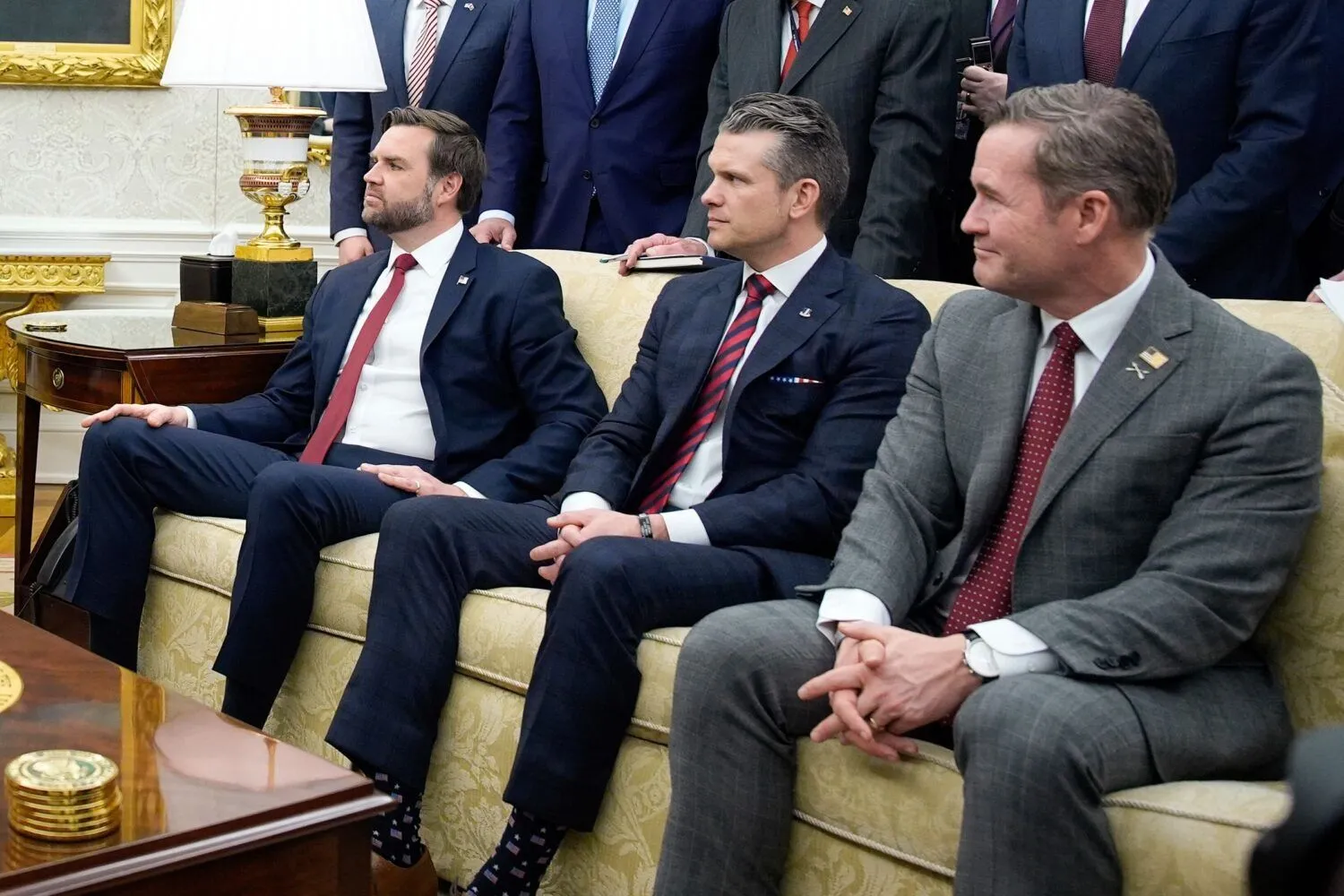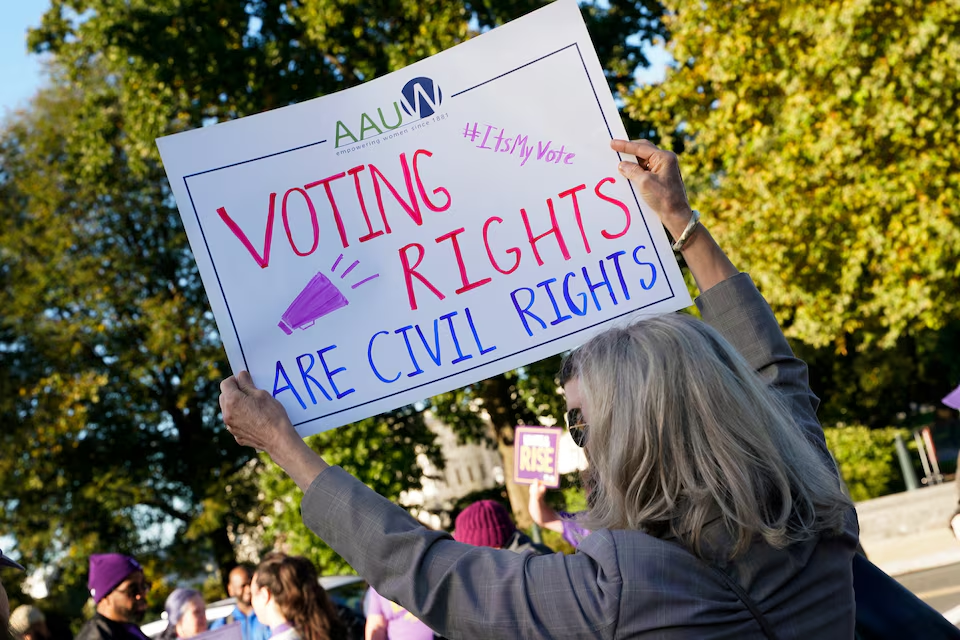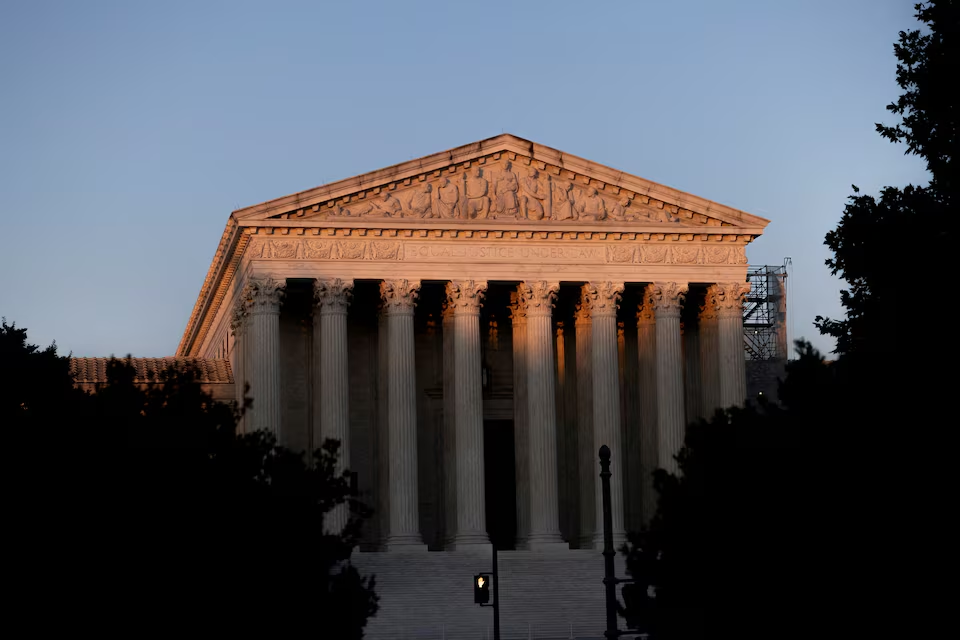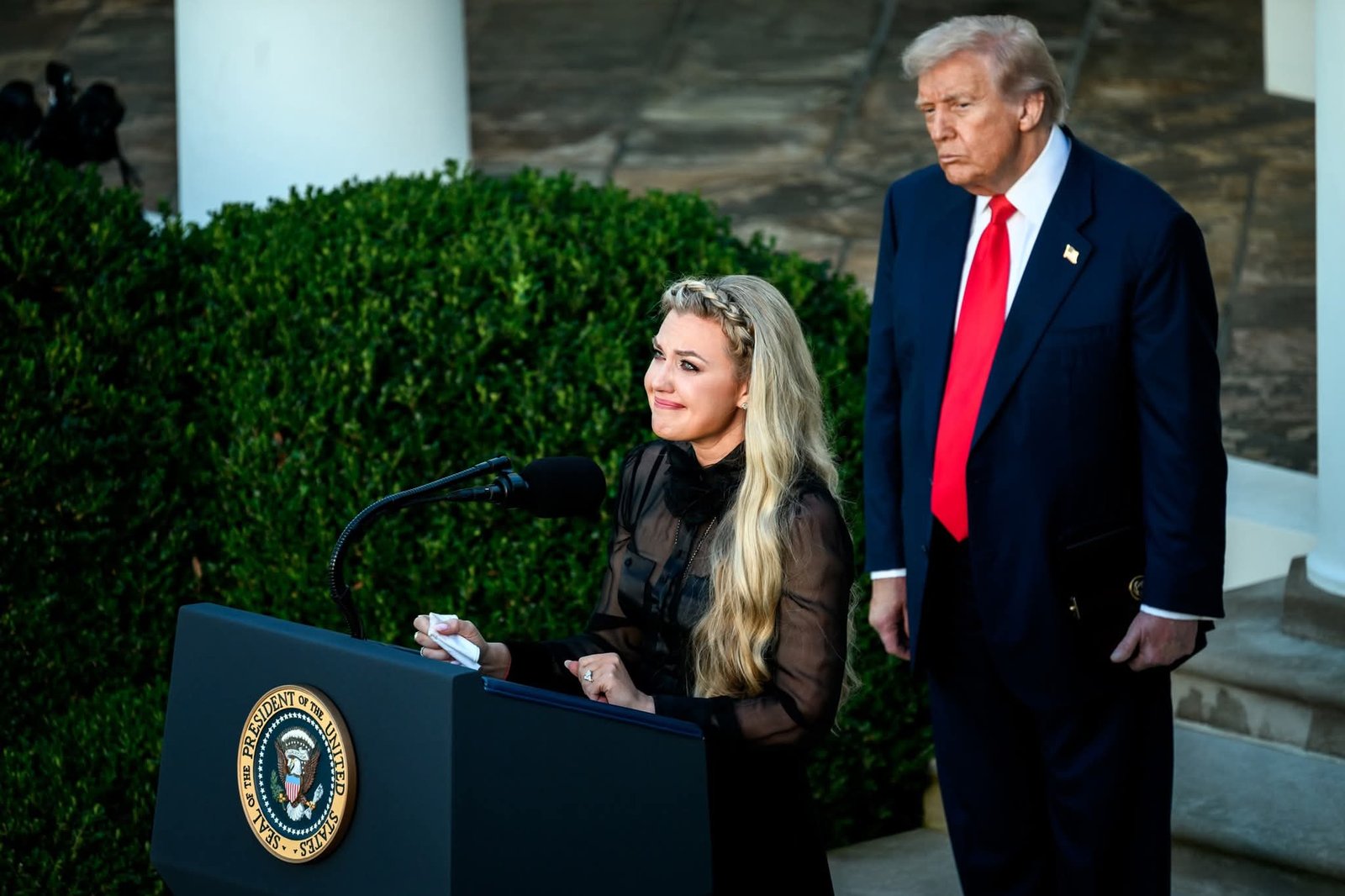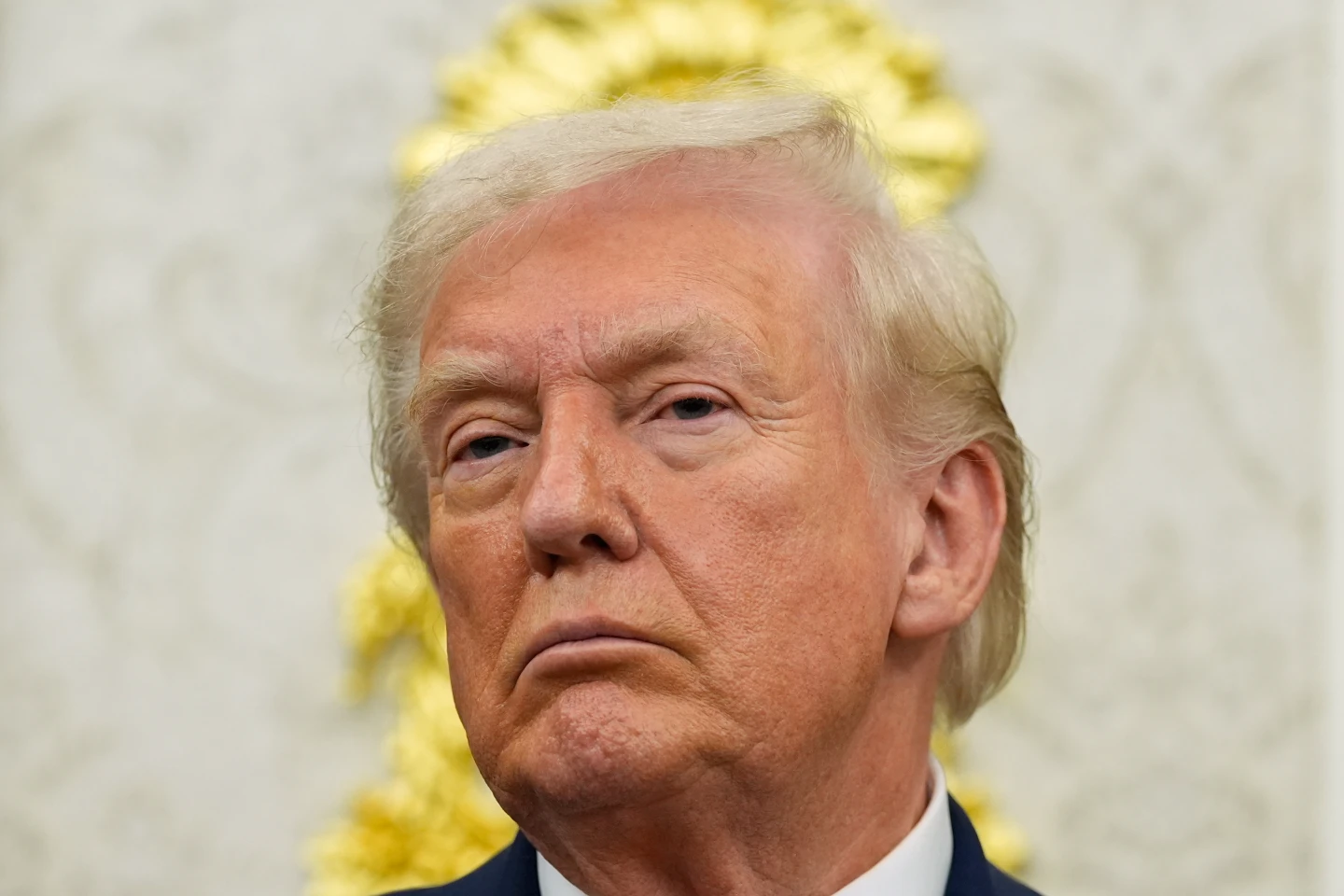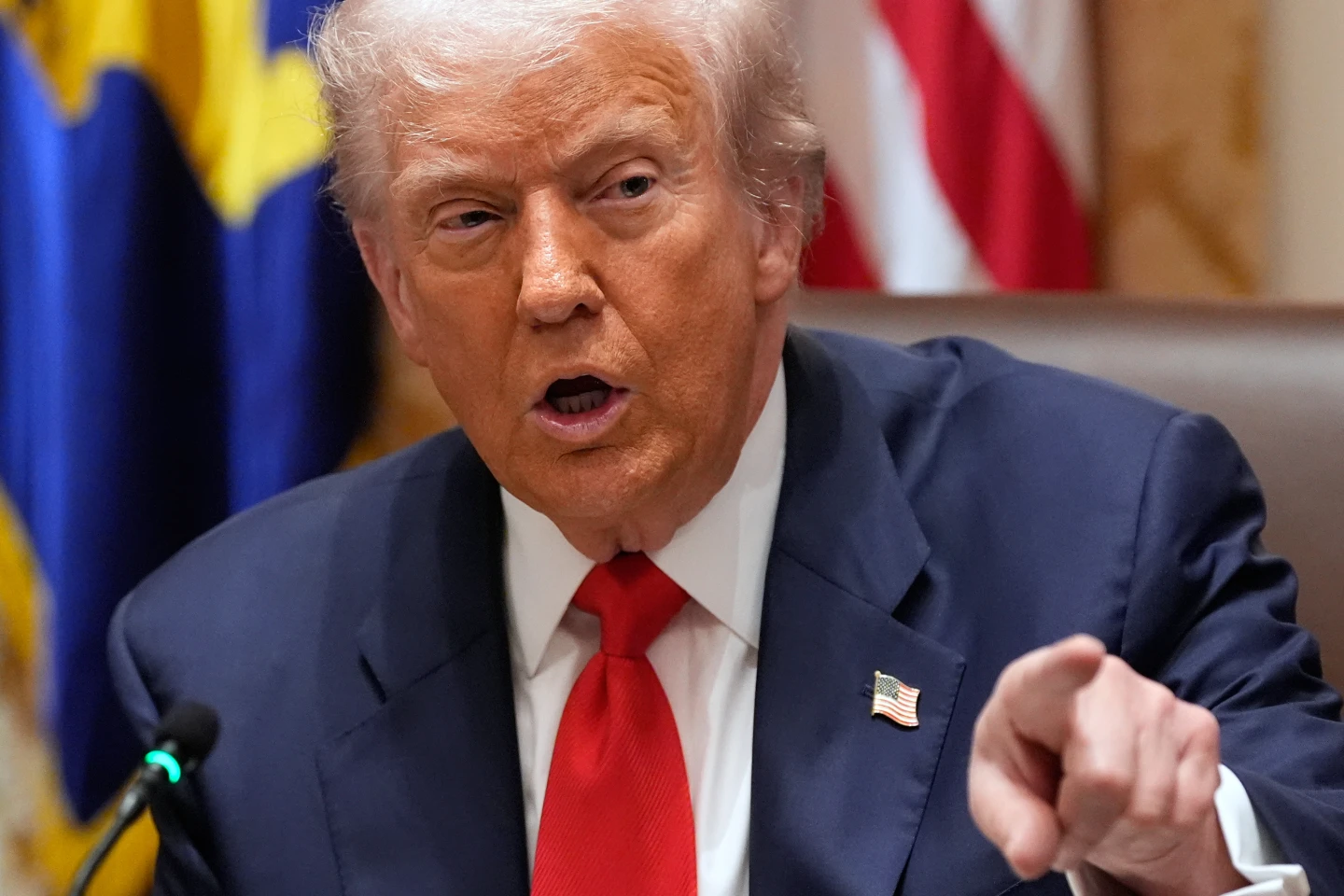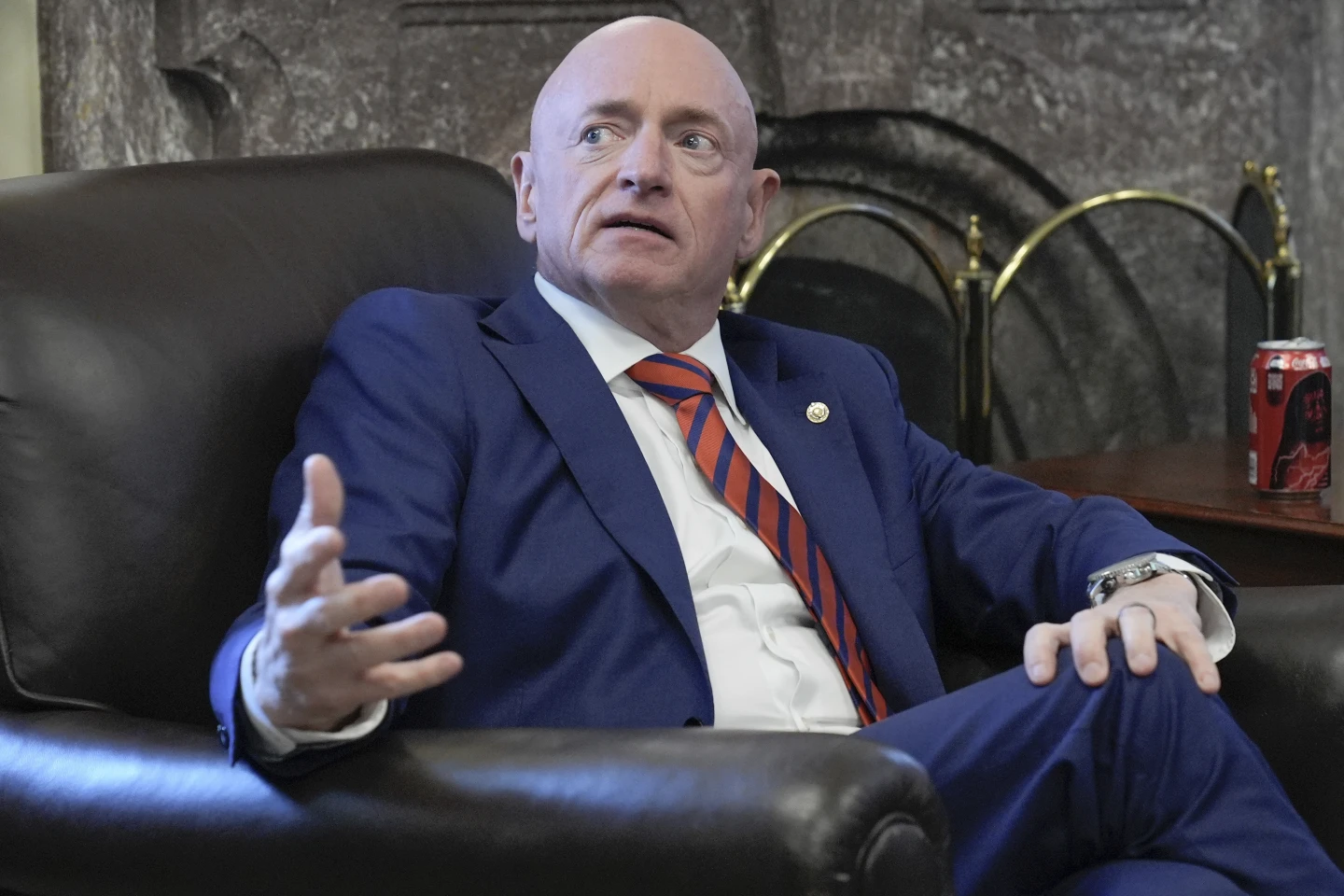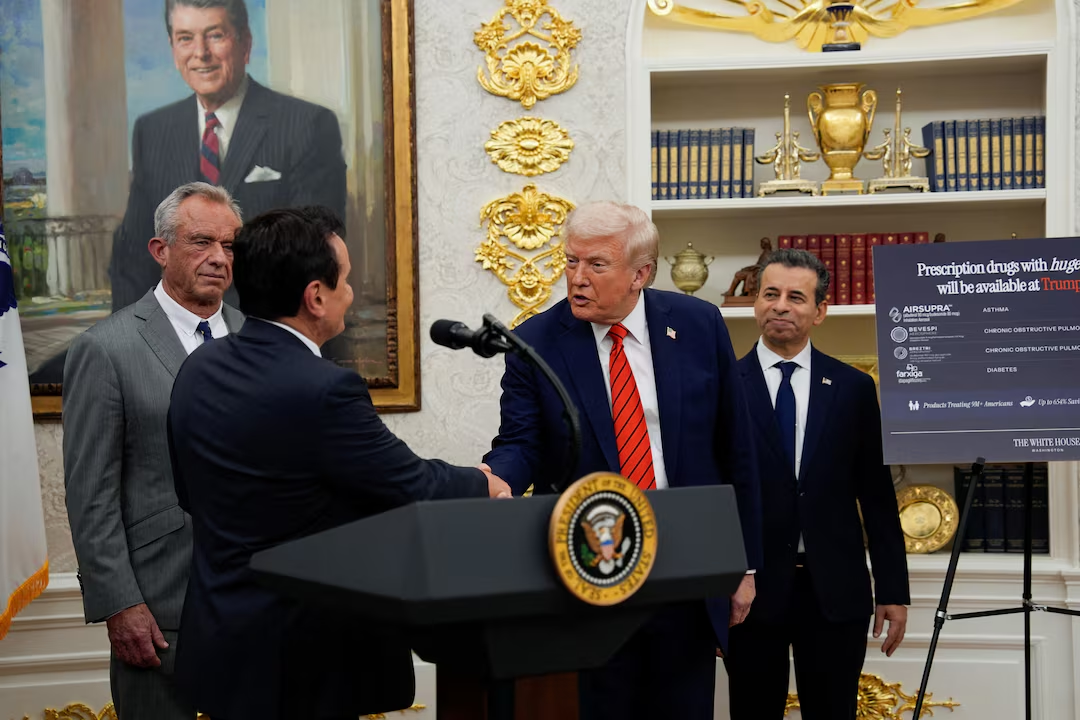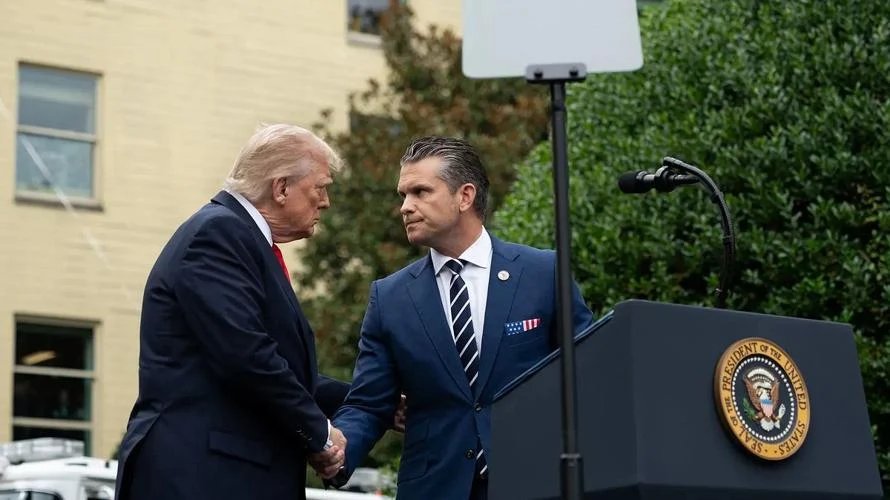Unprecedented U.S. Military Security Breach: Officials May Face Legal Action Over Leaked War Plans
Top officials of U.S. President Donald Trump’s administration mistakenly shared sensitive and likely classified military plans for strikes against Yemen’s Houthi rebels in a Signal chat, where The Atlantic’s Editor-in-Chief Jeffrey Goldberg was also accidentally added. Former national security officials have reacted with shock and alarm, according to a report by CNN.
Unprecedented U.S. Military Security Breach: Officials May Face Legal Action Over Leaked War Plans
Unprecedented U.S. Military Security Breach: Officials May Face Legal Action Over Leaked War Plans
Washington, March 25, 2025:
Top officials of U.S. President Donald Trump’s administration mistakenly shared sensitive and likely classified military plans for strikes against Yemen’s Houthi rebels in a Signal chat, where The Atlantic’s Editor-in-Chief Jeffrey Goldberg was also accidentally added. Former national security officials have reacted with shock and alarm, according to a report by CNN.
The report states that earlier this month, National Security Adviser Mike Waltz created a Signal chat group with Vice President JD Vance, Defense Secretary Pete Hegseth, and Secretary of State Marco Rubio to discuss when the attack should begin. During this discussion, journalist Jeffrey Goldberg was mistakenly added to the chat. He remained in the conversation up until the attack commenced and then removed himself.
Former defense and intelligence officials have described this as a "complete security breach" and "unprecedented negligence."
Former Defense Secretary Leon Panetta told CNN, "Someone needs to lose their job. How the name of a journalist got on that list is a serious concern. If it had been someone else in place of Goldberg, they could have easily informed the Houthis in advance, allowing them to retaliate and potentially cause harm to our troops."
It is worth noting that the U.S. Department of Defense explicitly states that private messaging apps like Signal are strictly prohibited for the transmission of classified government information.
According to The Atlantic, Hegseth reportedly shared details of "targets, weapons to be used, and attack sequences" in that chat. CIA Director John Ratcliffe also shared information that may have hinted at ongoing intelligence operations.
What is even more alarming is that either Hegseth or one of his aides had to manually extract this classified information from secured government communication systems and input it into the unsecured Signal chat — an act considered a serious offense.
President Trump commented on the incident, saying, "I don't know anything about it. The Atlantic is not a magazine I like, and this is the first time I'm hearing about it from you."
However, National Security Council spokesperson Brian Hughes stated, "The messages appear to be authentic, and we are investigating how an unintended number was added to the chat. Nevertheless, the operation against the Houthis remains successful, and there has been no threat to our troops."
Democratic Congressman Jim Himes said, "I am stunned. Our top national security officials have shared sensitive and classified military information on a commercial messaging app — this is extremely dangerous and a blatant violation of the law."
It is particularly notable that Marco Rubio, who was part of this chat, had previously criticized Hillary Clinton in 2016 for storing classified information on her private server. Now, a similar lapse at the highest level of his own government has triggered a major controversy for the Trump administration.


